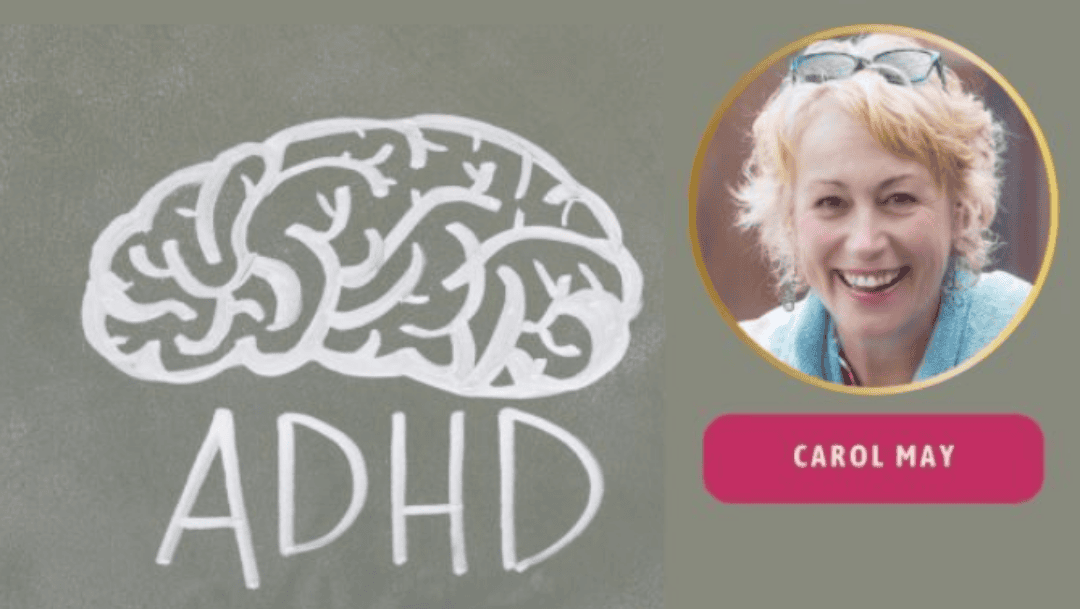
What is ADHD and how do I know if I have it?
ADHD stands for Attention Deficit Hyperactivity Disorder, which affects a person’s ability to focus and![]() control impulses.
control impulses.
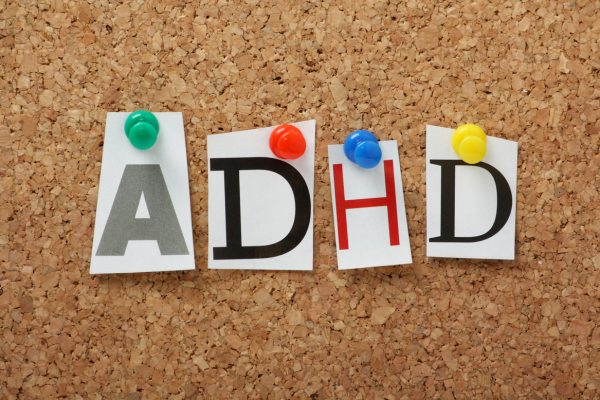
Awareness of ADHD has grown in recent years. Many more people suspect they have it, or claim to have it, or don’t know for sure if they have it.
Most people associate ADHD with naughty boys who won’t or can’t concentrate.
However, it is not an exclusive male condition.
Many girls and women have it too. Deceptively, they do not display the hyperactivity (the H in ADHD) that boys do because they learn to hide it and do not express their frustration in public.
They continue into adult life thinking that their experience is normal and develop multiple coping strategies. For various reasons in Middle Life, these coping strategies become less effective and chronic stress symptoms emerge.
ADD/ADHD is not an illness but a neurological condition that can’t be cured, and medical intervention can only suppress some of the symptoms.
Many of the symptoms are widespread in the population. I can see some of them in myself, but it seems ADHD sufferers experience them to an excruciating degree.
If you suspect you have ADHD but don’t want to wait up to seven years for a formal diagnosis from the National Health Service, read on.
As you will learn, there are practical steps you can take to reduce the impact of ADHD on your mind and enable you to live a more comfortable and balanced life.
We intend to run a series of articles by professionals operating in this field who are themselves ADHD sufferers. I am delighted to introduce Carol May, who is an ADHD Health Coach specialising in helping sufferers with issues around food and eating habits.
Carol May – The Disruptive Health Coach
Do you have an ADHD brain and a chaotic, unhealthy relationship with food?
Do you often not eat all day, because you are on ADHD meds and/or hyper-focused on work, and then binge eat every evening?
Or maybe you snack all day on high-sugar, processed ‘stuff’ to ward off your usual energy drop (fall off a cliff type of drop!) mid-afternoon?
Are you an “I can’t be bothered to cook” person, or maybe you just cobble together an evening meal for your family at the 11th hour? And then you are back in the kitchen at 10 pm eating ice cream, toast, biscuits or snacks?!!
I understand. I used to tick all the above.
Oh, I loved cooking (I was a Home Economist) and would get hyper-organised around food for the family. But I also had an unhealthy relationship with my body and food, which led to decades of yo-yo dieting, intermittent fasting, binge eating in the evenings, secret eating and emotional eating.
Are you struggling with:
- Inconsistent Eating (which leads to low Dopamine and exhaustion + brain fog)
- Cooking Overwhelm
- Hormone rollercoasters
- Ignoring your Hunger Cues
- Binge Eating in the evenings
Because this is a lifetime condition, there is no cure or overnight fix, but here are a few tips that can start to ease the impact of having an ADHD brain.
1. Eat a high-protein breakfast or brunch that also contains healthy fats. Our brains do not respond well to processed carbohydrates during the day.
Breakfast is any time up to the middle of the day! As an adult, there is no need to force yourself to eat first thing in the morning!
Some ideal breakfast/brunch options are:
- Eggs
- Avocados
- Oily fish – salmon, sardines, mackerel
- Full-fat Greek yoghurt + berries and mixed seeds
- Savoury muffins
- Cheeses
- Smoothies based on milk, nut butter, seeds and veggies. NO juices as they are sugar bombs with no fibre!
2. Keep ‘easy to eat’ foods in the fridge and cupboards for quick meals-
- Various cheeses
- Tins of oily fish,
- Cooked meats,
- Bags of salad leaves,
- Greek yoghurt- 10% fat
- Energy balls – I make my own
- A box of hard-boiled eggs
- Savoury muffins
3. Don’t worry about only eating small amounts!

As long as it is nutritionally dense, i.e. packed with proteins and healthy fats with no processed carbs.
Be prepared to top up in the evenings, including with carbs to create Melatonin and calm down the brain ready for sleep.
Next time, I will have more information and suggestions about how to reduce the impact of ADHD on your home and work lives and make your life calmer.
Love Carol

Carol May calls herself the Disruptive Health Coach. She is a Transformational Health Specialist & Body Empowerment Coach for Midlife Menopausal Professional Women
She helps successful Midlife ADHD women who have been at war with their body and in daily battles with food and their willpower for a long time, to stop binge eating and balance their dopamine by eating intuitively.
Her motto: Love Yourself and Your Body to Set Yourself Free
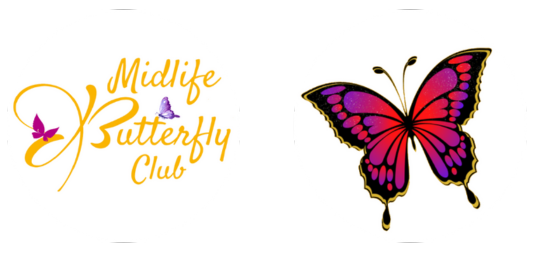
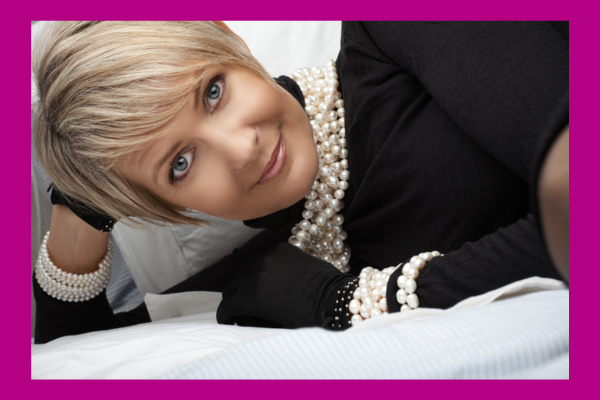
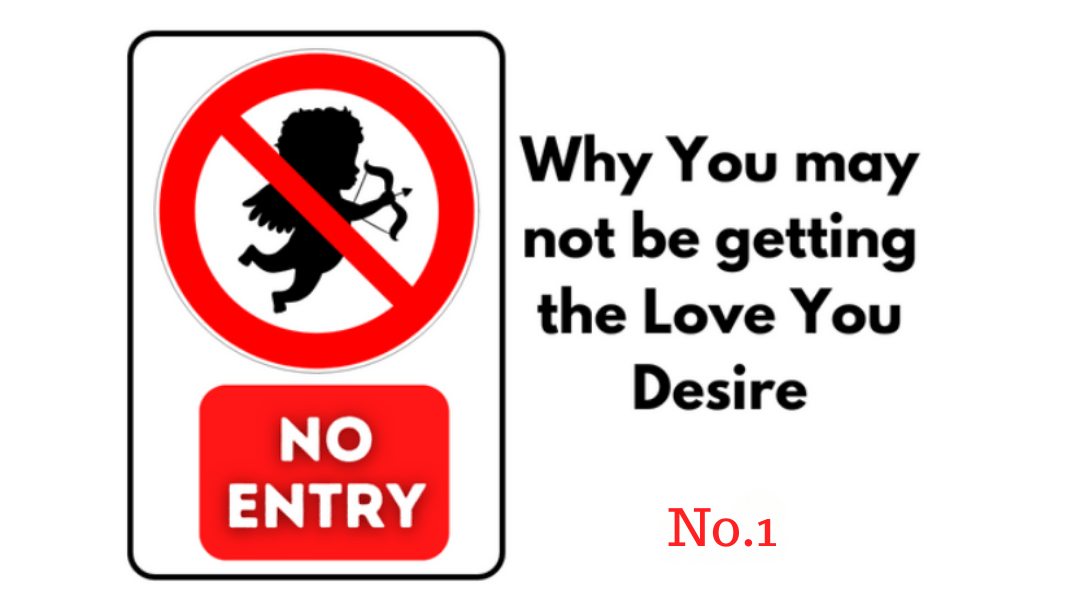

This Post Has 0 Comments